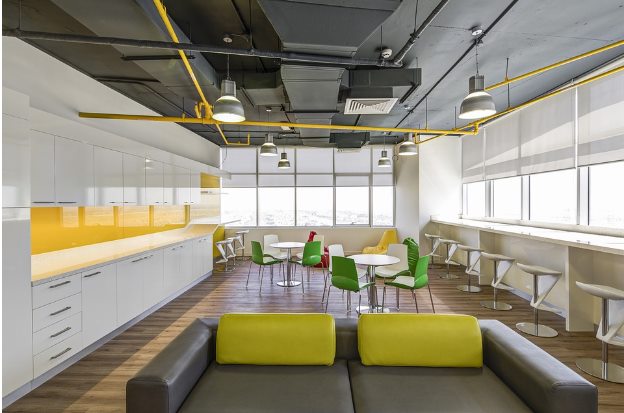
Flexibility
Too many businesses stick to the overly strict delegation of set schedules and working hour limits that ask for too much of the employee. If you want to get engaged, then getting them to think more about how they do their job is a great way to do it. Flexibility in the workplace can be offered in a lot of ways. You can allow them better control of their sick days and holidays instead of doling out set holidays. You can offer them a variety of spaces in the office, even the ability to work from home. You can also offer them more autonomy in the job, allowing them to find tools that could help them improve their job and taking a more hands-off approach to monitoring productivity through results as opposed to micro-managing them. Work limitations that are too tight are a big cause of work-related stress.

The free lunch
Getting office catering in to offer your employees lunch is a seemingly small perk but it’s one that is hugely effective at creating a more cohesive workplace. It gets people eating together, and it can help them eat healthier meals, contributing to their wellbeing. It’s but one example of how little quality of life perks can create a much happier workplace. A ping-pong table in the breakroom, cake on the birthdays of the office, focusing on fun and a bit of enjoyment in work can keep everyone working happily.

A pat on the back
One of the employee wants that too many employers ignore because they think it isn’t needed is the want to have their work recognised. Make no mistake that gifts and rewards with real value are going to be the best incentivizing force you can get in the business. But there are others that don’t cost as much, like taking the whole team out for a meal if a certain goal is met by month’s end. If people aren’t occasionally told that they’re doing a good job when they are, it creates a sense of doubt in the workplace that can have them looking elsewhere.

An eye for the future
You can’t ignore the really big needs of the employees, either. In particular, they will be thinking about their future. They’ll be thinking about their career, and you can help ensure they’re always satisfying those urges to move upward by offering training and opportunities to take on new responsibilities and gain new experience. If you want them to stay with you for the long haul, however, you need to think about their retirement. What kind of perks and contributions could you offer to that far-off day?
Future security and development, a cash bonus (or non-cash bonus) and the like might seem sensible, but you also have to consider those factors that aren’t just about the utilitarian. The emotional needs fulfilled by a better work environment and more options in how to handle work are just as important.
| < Prev | Next > |
|---|





